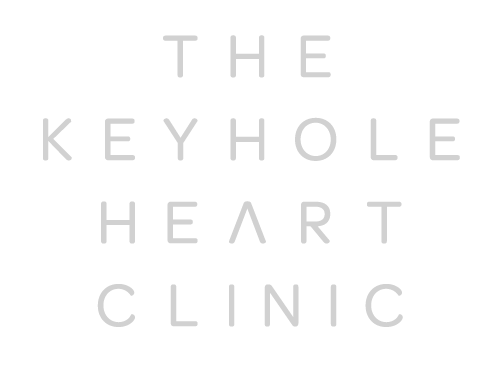Understanding Cholesterol and Its Impact on Heart Health

An Introduction to Cholesterol
Cholesterol is a word that often evokes images of unhealthy eating habits and heart disease. But what exactly is cholesterol, and how does it impact our heart health? In this blog, we’ll delve into the world of cholesterol, its role in our bodies, and the crucial relationship between cholesterol and heart health. We’ll also provide some actionable tips for preventing heart disease by managing your cholesterol levels.
Understanding Cholesterol
Cholesterol is a waxy, fat-like substance found in every cell of our bodies. It is essential for various bodily functions, including the production of hormones, vitamin D, and bile acids that aid in digestion. Cholesterol is primarily synthesized by the liver but can also be obtained through dietary sources like animal products.
Types of Cholesterol
Cholesterol comes in two main types: low-density lipoprotein (LDL) and high-density lipoprotein (HDL).
- LDL Cholesterol: Often referred to as “bad” cholesterol, LDL cholesterol carries cholesterol from the liver to cells throughout the body. High levels of LDL cholesterol can lead to the buildup of plaque in the arteries, increasing the risk of heart disease.
- HDL Cholesterol: Conversely, HDL cholesterol is known as “good” cholesterol. It works by transporting excess cholesterol back to the liver, where it can be excreted from the body. Higher levels of HDL cholesterol are associated with a reduced risk of heart disease.
Cholesterol and Heart Health
The relationship between cholesterol and heart health is a complex one. Elevated levels of LDL cholesterol can lead to the formation of arterial plaque, a condition called atherosclerosis. As plaque accumulates, it narrows the arteries and restricts blood flow, potentially leading to heart attacks or strokes. The risk of heart disease is also influenced by other factors, including genetics, diet, exercise, and overall lifestyle.
Preventative Tips for Maintaining Heart Health
- Healthy Diet: Reduce your intake of saturated and trans fats, found in red meat, full-fat dairy products, and processed foods. Instead, opt for unsaturated fats like those found in avocados, olive oil, and fatty fish.
- Fibre-rich Foods: Include more whole grains, fruits, and vegetables in your diet. These foods are high in soluble fibre, which can help lower LDL cholesterol levels.
- Regular Exercise: Engage in regular physical activity to maintain a healthy weight, reduce LDL cholesterol, and boost HDL cholesterol. Aim for at least 150 minutes of moderate-intensity exercise per week.
- Quit Smoking: Smoking damages blood vessels and lowers HDL cholesterol levels. Quitting smoking is a vital step in improving heart health.
- Limit Alcohol Intake: Excessive alcohol consumption can lead to high blood pressure and contribute to heart problems. If you choose to drink, do so in moderation.
- Medication: In some cases, medication may be necessary to control cholesterol levels, particularly if lifestyle changes alone are insufficient.
- Regular Check-ups: Visit your healthcare provider for routine check-ups, where they can assess your cholesterol levels and overall heart health. Monitoring is key to early detection and prevention.
Cholesterol plays a critical role in our bodies, but an imbalance in cholesterol levels can significantly impact heart health. By understanding the different types of cholesterol and taking proactive steps to manage them, you can significantly reduce your risk of heart disease. A heart-healthy lifestyle, including a balanced diet, regular exercise, and avoiding tobacco, is essential for maintaining optimal cholesterol levels and a strong, healthy heart. Prioritizing your heart health now can lead to a longer, happier, and healthier life.
Long-term heart health with The Keyhole Heart Clinic
In the quest for optimal heart health, it’s crucial to take control of your cholesterol levels and adopt a heart-healthy lifestyle. However, in some cases, despite our best efforts, heart issues can still arise. That’s where expert care and advanced treatments come into play.
Whether it’s coronary artery bypass surgery, valve replacement, or other cardiac procedures, we are here to guide you on your journey to a healthier heart.
Our Heart Screening Video series is designed to empower you to take control of your cardiovascular health. It’s not just about knowing your risk factors or understanding the importance of early detection; it’s about actively participating in a journey towards a healthier heart. Sign up to the free video series below.
Heart Screening Video series Sign up
Sign up to our heart screening video series for more information on how we can help your long term heart health.
Error: Contact form not found.

